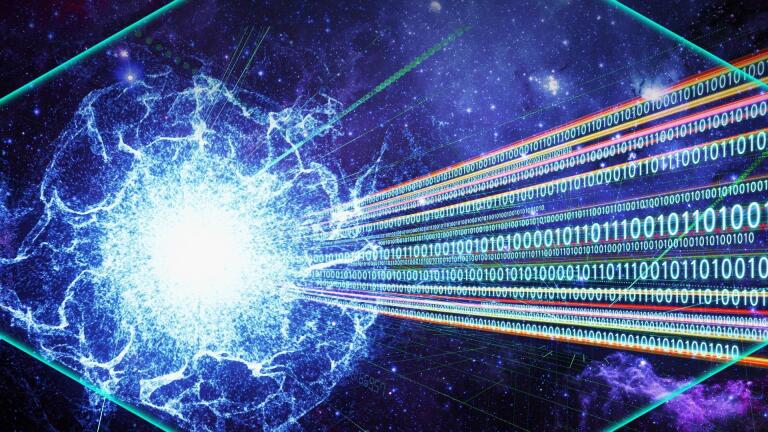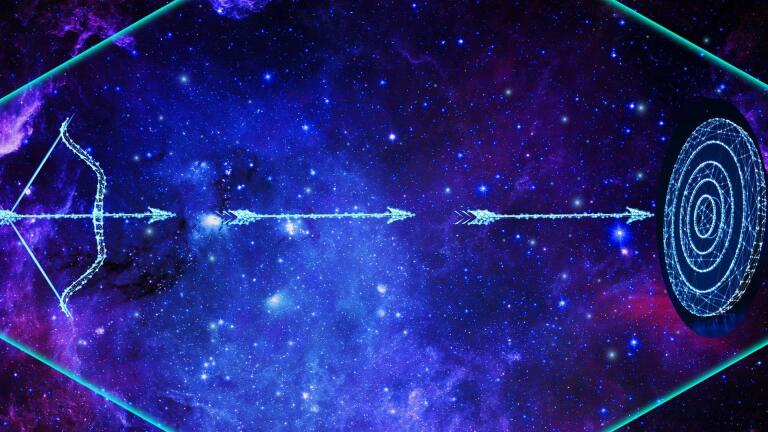Back to Show
PBS Space Time
How Can Humanity Become a Kardashev Type 1 Civilization?
Season 10
Episode 25
Imagine a world where humanity masters every planetary resource available to it—our first step on the famous Kardeshev scale of technological advancement. How distant is that step? Will we even become a true Type-1 civilization, and how can we get there?
Support Provided By

12:50
Where are the worlds of all the times the universe has split?

14:05
Although elusive, the quantum spin has led to some of the deepest insights we now know.

14:01
Entropy is behind one of the most fundamental laws of physics.

12:22
The more time and space are divided, the distance between them may not exist.

13:44
The accumulation of space junk increases collisions known as the Kessler Syndrome.

11:34
If Planck relics are real, then the black holes may just be everywhere.

10:48
Quantum mechanics forbids us from measuring the universe. But we try with this principle.

14:08
We examine all the best-case scenarios for life beyond Earth.

13:11
Einstein gives us a glimmer of hope that time can be warped.

12:35
It may be that for every star in the universe there are billions of black holes.

12:35
Muon G-2 experiment produces the most successful predictions in physics.

12:48
We talk about some real experiments that claim to have demonstrated Zeno's phenomenon.











